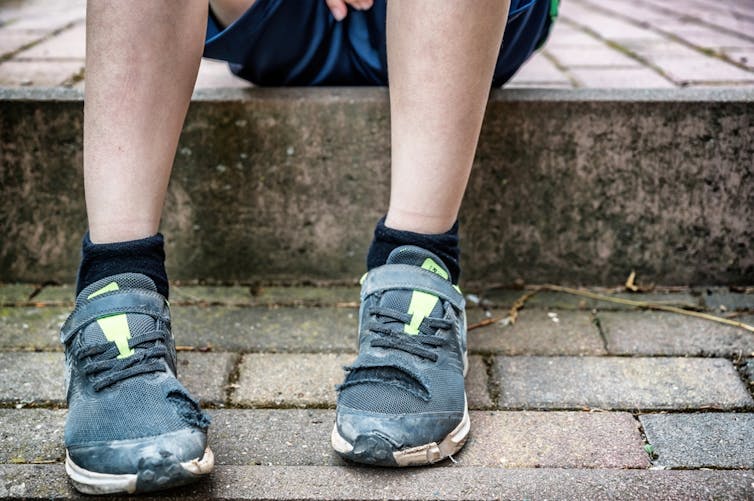Who gets to be healthy? The 'social determinants of health' can reduce inequities, but many policies neglect them
- Written by Clare Littleton, Associate Professor and Deputy Director of the Centre for Healthy Sustainable Development, Torrens University Australia

The “social determinants of health” is a fancy way of describing a simple idea: that a person’s health is influenced not just by what they eat or do but also by social factors.
These include:
access to education (including in early childhood)
your parents’ income
being able to afford fresh fruit and vegetables
access to decent housing and healthcare
whether a child or their family face discrimination.
There’s growing awareness among researchers and policymakers that addressing the social determinants of health[1] is crucial to tackling inequities in Australia.
And it’s during childhood[2] these factors start greatly influencing a person’s life trajectory.
However, this growing awareness of how social factors affect children’s health is not always reflected in policy.
Our study[3], published in BMC Public Health, involved analysis of the strategies at the heart of 26 Australian health and education wellbeing policies. We found just 10% addressed the social determinants of health.
This is troubling. Failing to tackle the social determinants of health means reproducing disadvantage again and again.
Read more: The social determinants of justice: 8 factors that increase your risk of imprisonment[4]
What we did and what we found
Our study involved analysis of 26 state and national strategic health and education wellbeing policies:
















